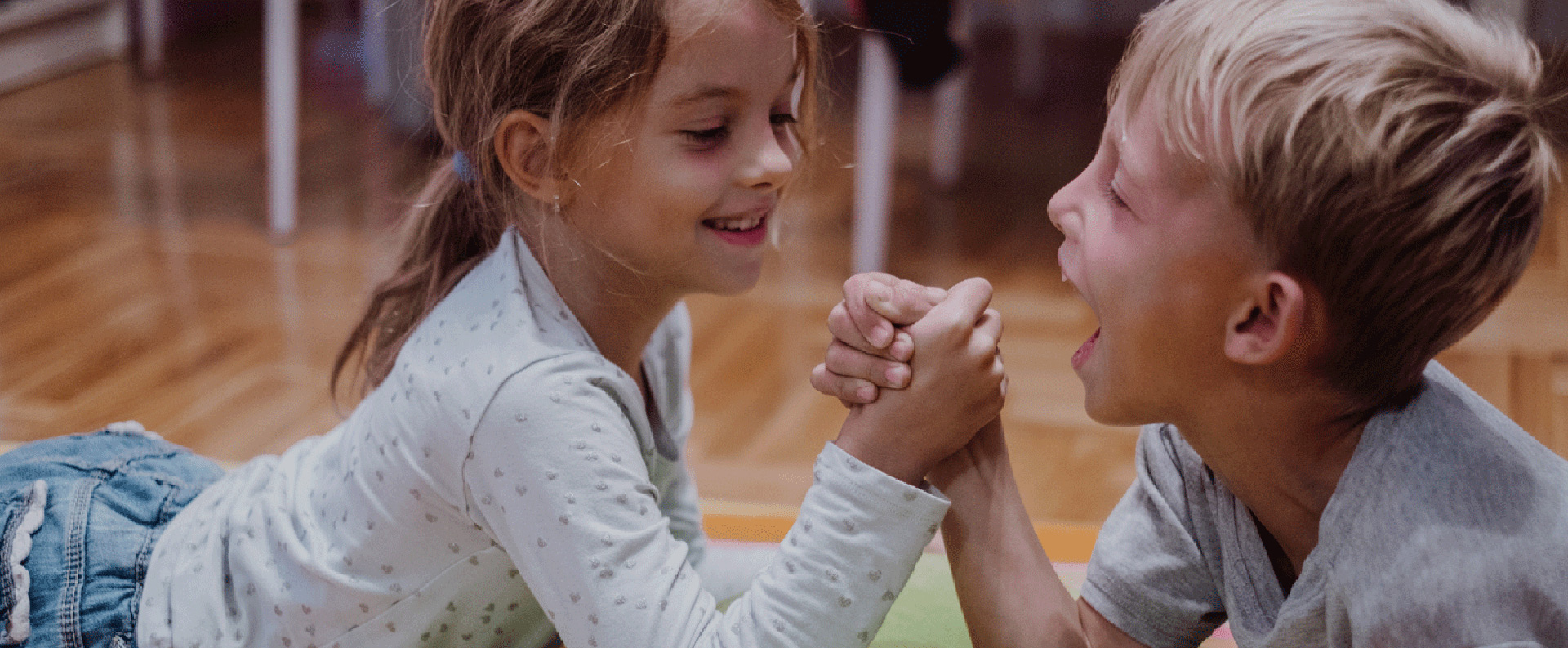How We Can Combat Gender Stereotypes in the Early Years
'Boys don't cry', 'girls don't play as pirates'... gender stereotypes are still alive in everyday life. Scottish charity Zero Tolerance tells us how we can start to make a more equal society, starting with our children.
Raising boys and girls without stereotypes becomes harder and harder. We asked the experts at Zero Tolerance - a charity that works towards preventing violence against men and women before it occurs - for their advice on how to combat gender stereotypes from an early age.
Gender Equality Starts with Children
Finding the Root of inequality:
Zero Tolerance told us that stopping violence against men and women can only be achieved by eliminating the root cause - gender inequality. This is not an easy task when gender inequality is present in so many aspects of our lives, and in wider society.
Stereotypes present in toys, children's media, and clothes tell boys they must be tough, that expressing emotions is a weakness; they tell girls that they matter less, their stories are less important and that their appearance is their main asset.
These gender stereotypes foster a culture where violence against women is allowed to flourish, and boys are mocked for being who they are.
Ways to Change:
Research shows that perpetrators of violence are more likely to reform if they are willing to challenge outdated models of masculinity.
In an effort to help parents and childcare workers challenge these assumptions from a very early stage, Zero Tolerance developed various campaigns such as You Can Be and #TalkingGender. Providing support for those who have an influence over children, they help adults challenge their own assumptions and give them the knowledge to provide an environment where girls and boys aren't forced into categories that lead to inequality.
Tips That You Can Use at Home:
- Think about how you speak to children and use inclusive language. Tell a girl she's great because of what she does, rather than just how she looks. Challenge the idea that 'boys don't cry'.
- Ask questions about what you have in your home. Do the books and films you have to provide a variety of different role models for children? Would you refuse to buy a certain toy your child had requested based on their gender, and if so, why?
- Gender equality begins at home! A University of British Columbia study found girls with fathers who do housework are more likely to aspire to more highly paid careers outside of the home
- Encourage children to challenge the media they consume from an early age. Encourage them to ask questions about what they see.
Visit ZeroTolerance.org.uk for more information.




